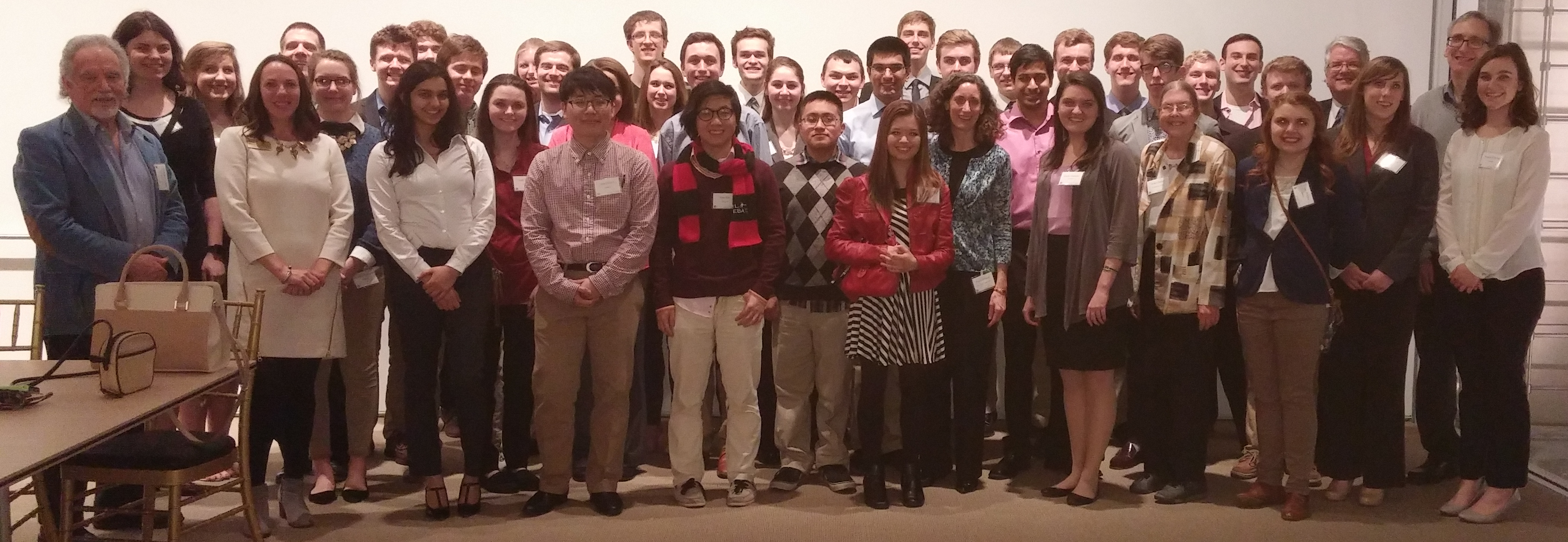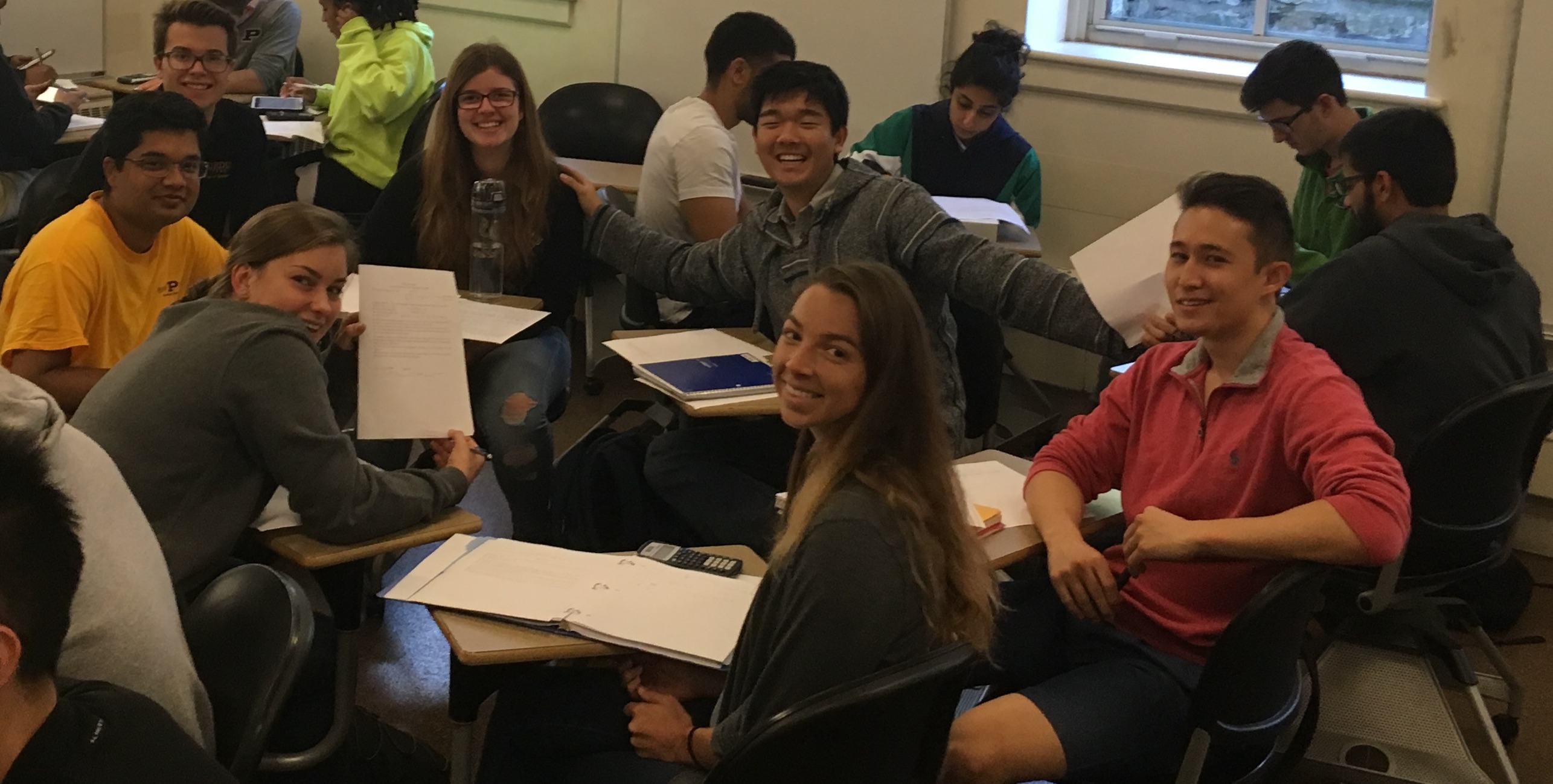
Computational Investigation of Living Systems

This project invites physics, engineering, computer science, statistics, chemistry and ag majors to experience an active research environment targeted at the analysis/collection of large high-precision time series datasets related to stochastic physics of biological dynamics; the goal is to provide a data-driven quantitative understanding of what life is.
Current Purdue students are able to apply for 2022-23 learning communities from October 1, 2022 until March 31, 2022. Incoming students to Purdue can apply beginning January 15, 2022.Apply Now!Eligibility
Open to any undergraduate student enrolled in the College of Science or College of Engineering with an interest in the Data Sciences (first-year students and continuing students are both welcome)Residential Component
- Hillenbrand Hall is no longer available for returning students for AY 2022-23 - Living in Hillenbrand Hall is recommended but not required. Hillenbrand Hall
- Your roommate (in most cases) will be a member of The Data Mine
- If you want to live on campus, it is necessary to complete a housing contract. (Completing a housing contract is a separate process from applying for a learning community.)
Duration
Fall and Spring semestersRequired classes for students
The information below is subject to change.
FallSpring
- PHYS 39000C (3 credits, section LC7: CRN 24656) Computational Investigation of Living Systems (hours arranged for lab)
- TDM 10100, 20100, 30100, 40100 (1 credit; 4 sections available) The Data Mine I, III, V, or VII
- PHYS 39000 (3 credits) Computational Investigation of Living Systems
- TDM 10200, 20200, 30200, 40200 (1 credit; 4 sections available) The Data Mine The Data Mine II, IV, VI, or VIII
Events and Activities Included
- Weekly dinners with Data Mine participants
- Faculty and graduate student office hours onsite in Hillenbrand
- Seminars by visiting speakers, including practicing data scientists
- Social gatherings with Data Mine members
- Meals with campus and community leaders
- Game / recreation nights
- Career and graduate school panels
- Hackathons / data competitions
- Professional development activities
- Tour of Purdue's computational facilities